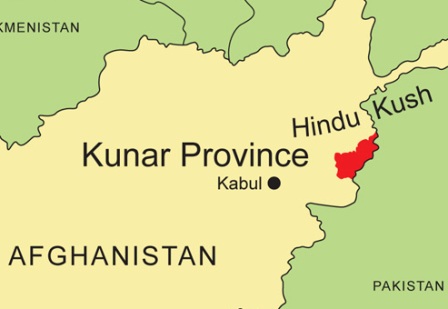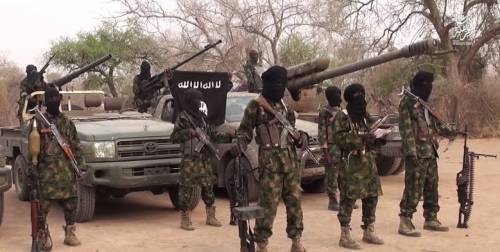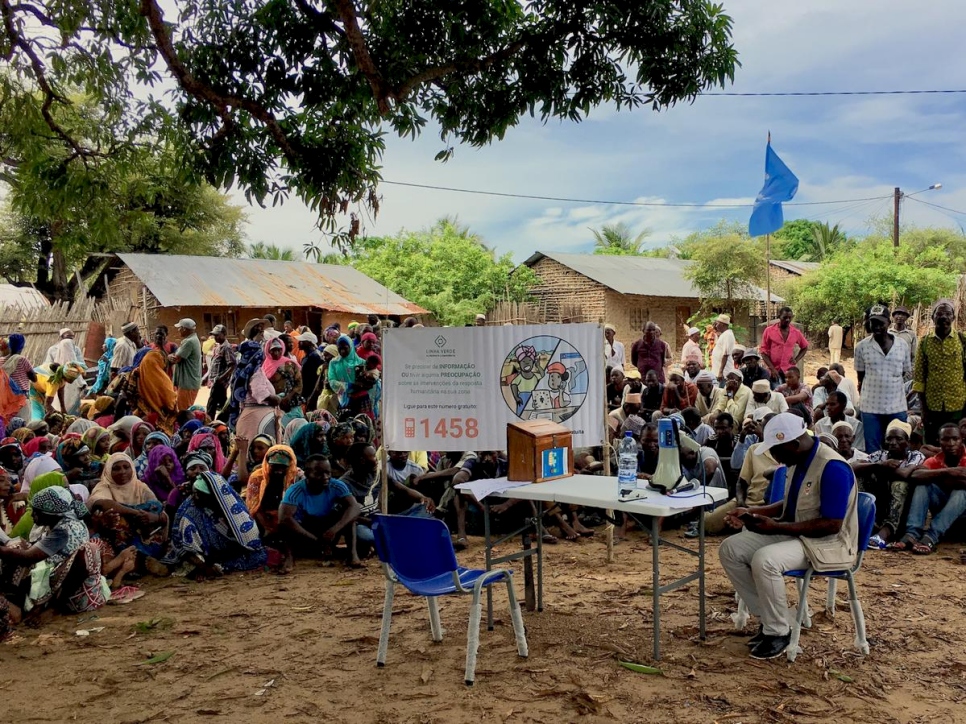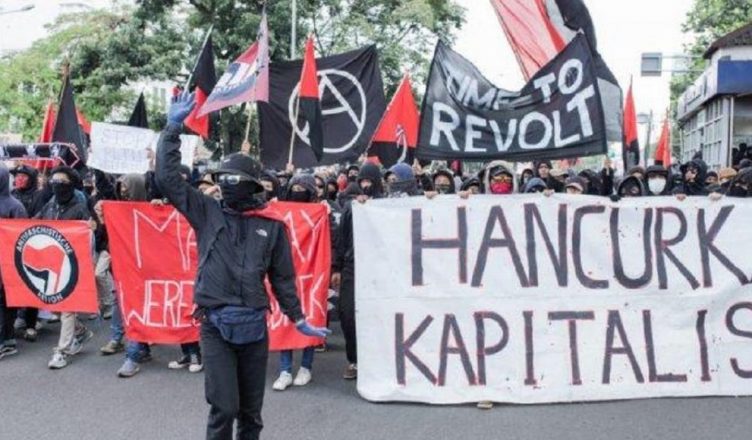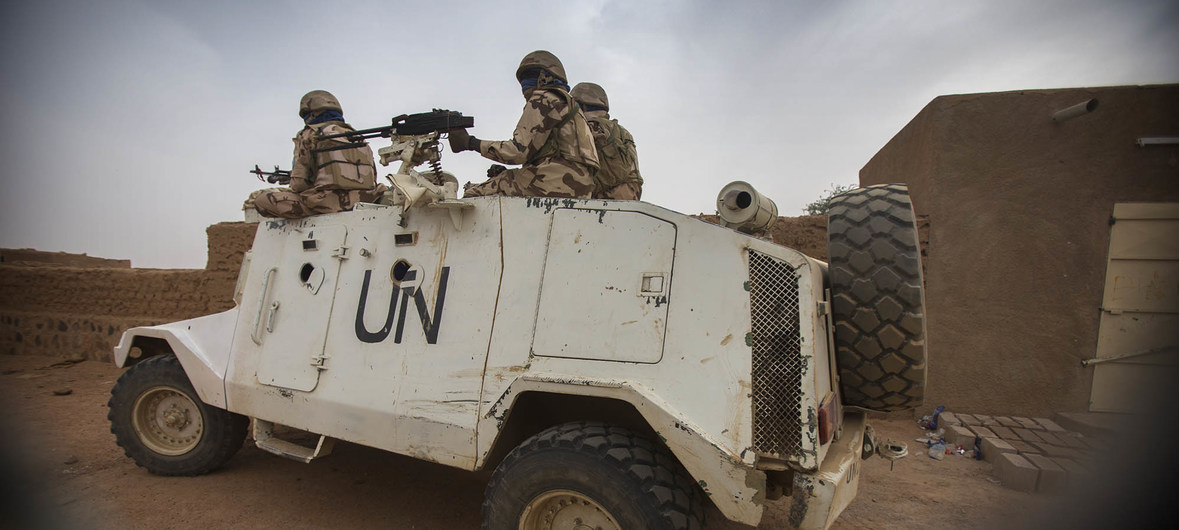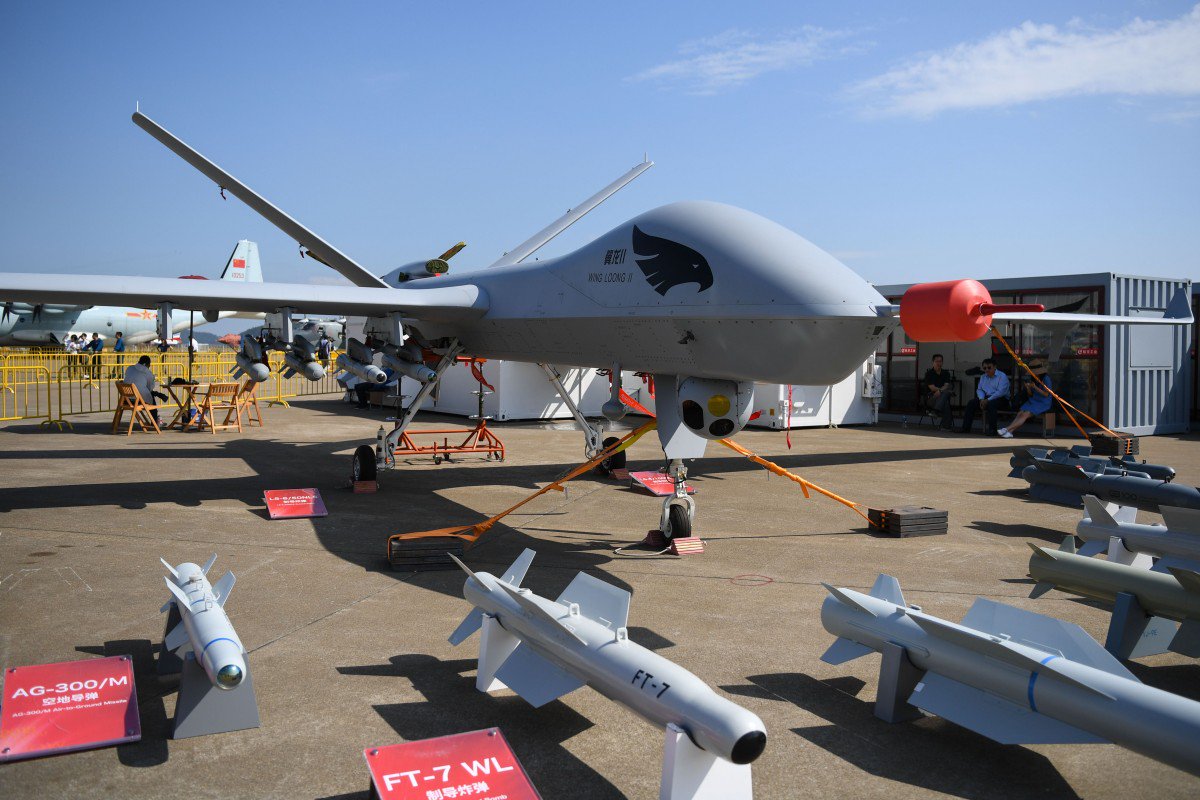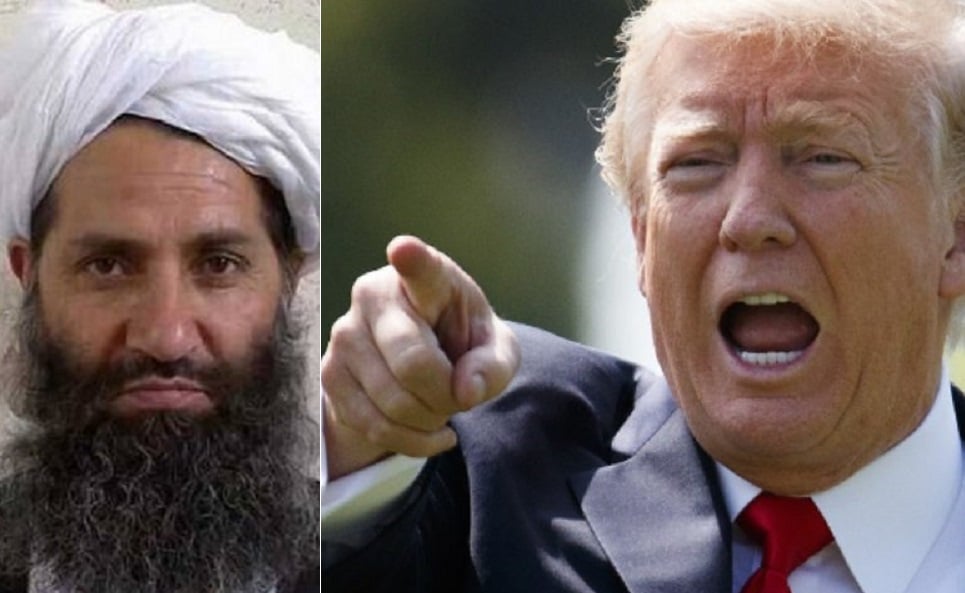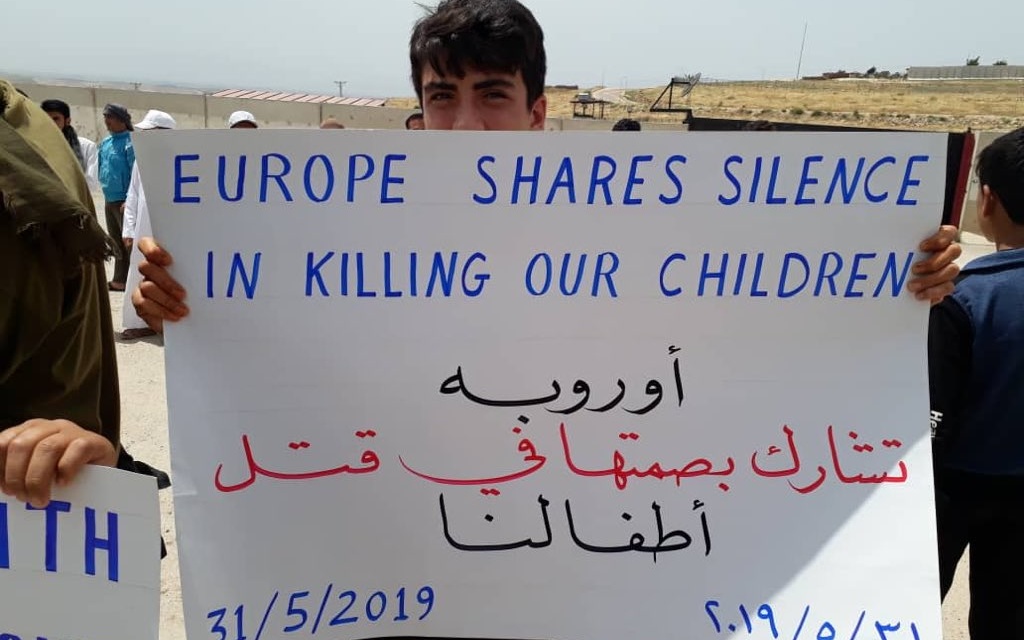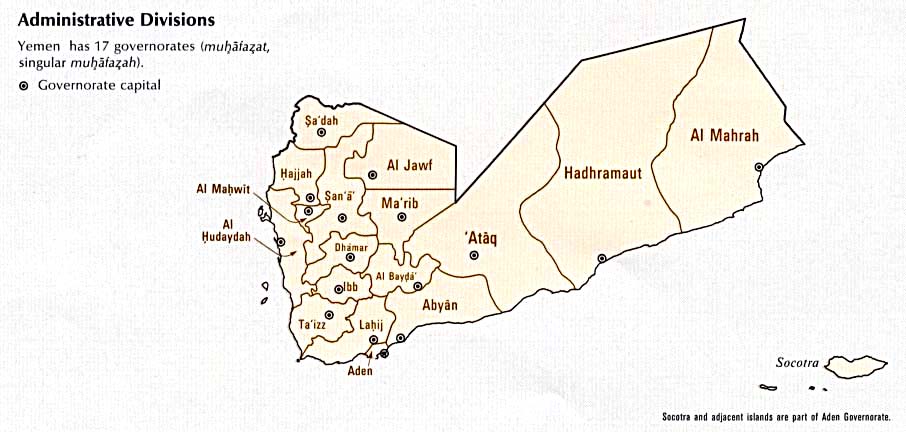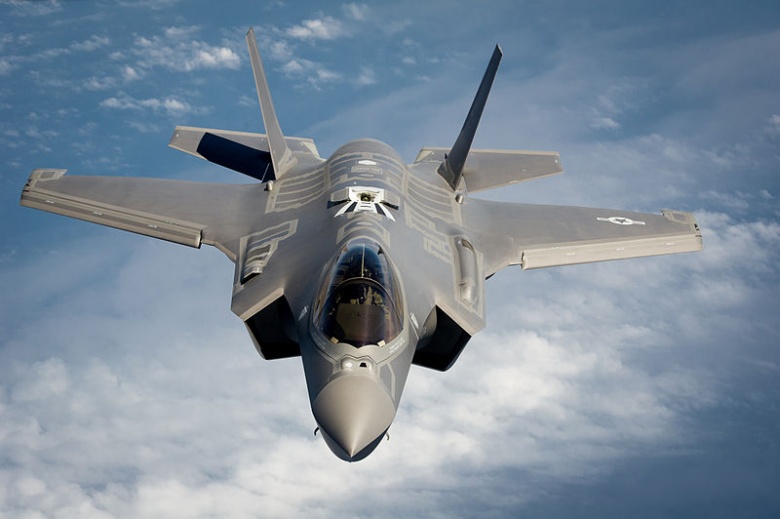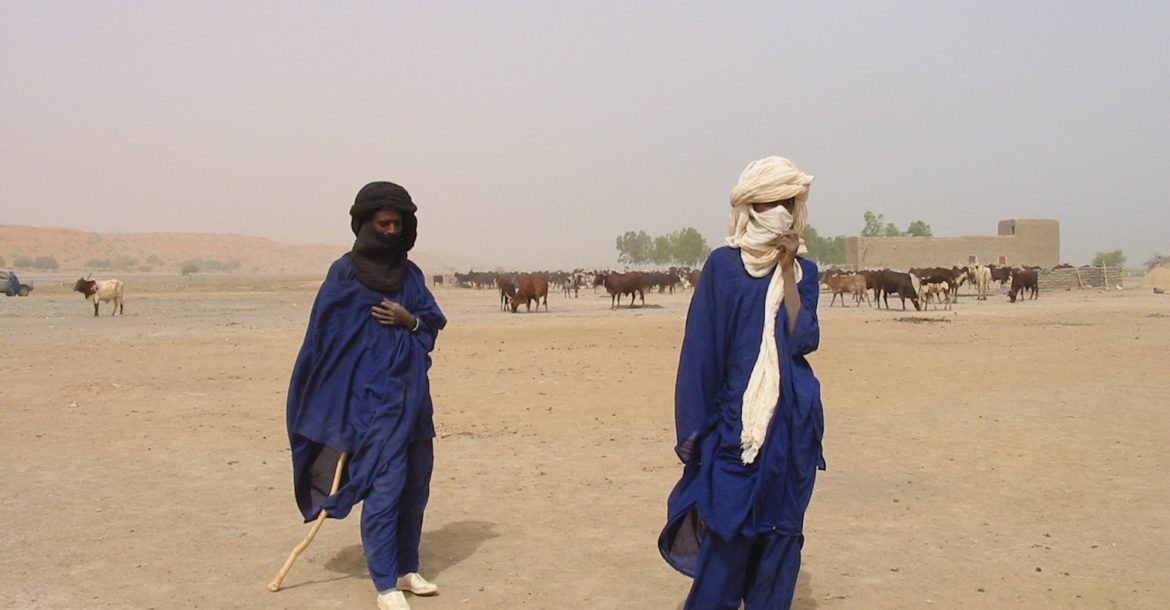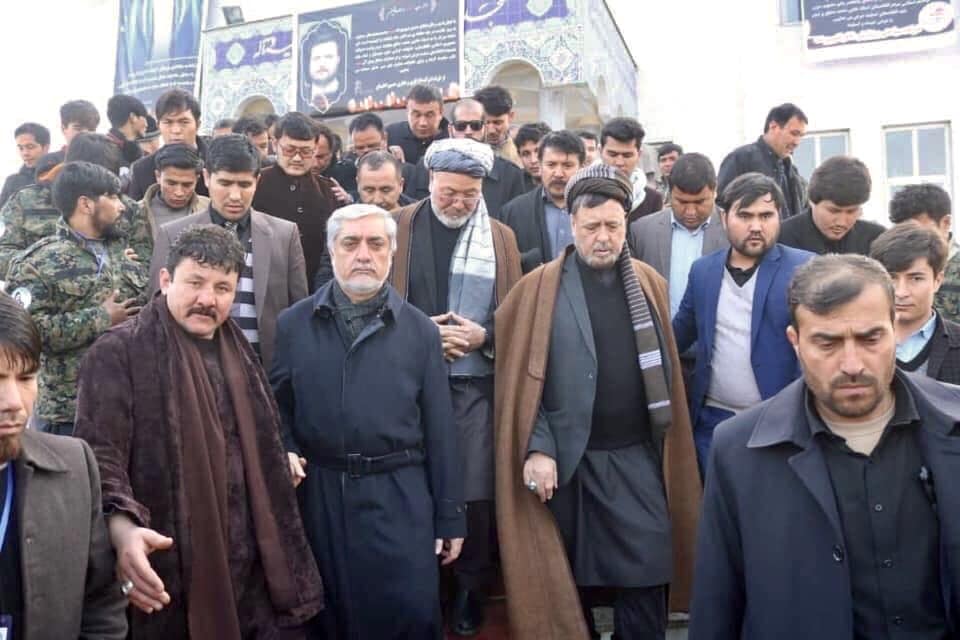
Massacre at Hazara ceremony in Kabul
Gunmen stormed a memorial ceremony honoring a martyred leader of the Hazara Shi’ite minority in Afghanistan’s capital. Key politicians including chief executive Abdullah Abdullah were on hand for the commemoration of the Hazara Mujahedeen commander Abdul Ali Mazari, who was assassinated by the Taliban in 1995. At least 27 people were killed in the attack, and some 30 more wounded. Soon after the massacre, the Taliban issued a statement denying responsibility. Shortly after that, the Islamic State-Khorasan Province (ISKP) claimed the attack in a communique, and also asserted that the actual death toll was 150. An ISIS-claimed attack on the same ceremony last year saw a barrage of mortar fire that killed at least 11 people. The new attack comes just as a tentative “peace deal” with the Taliban is raising concerns for the fate of Afghanistan’s ethnic and religious minorities. (Photo of ceremony just before attack via Khaama Press)



